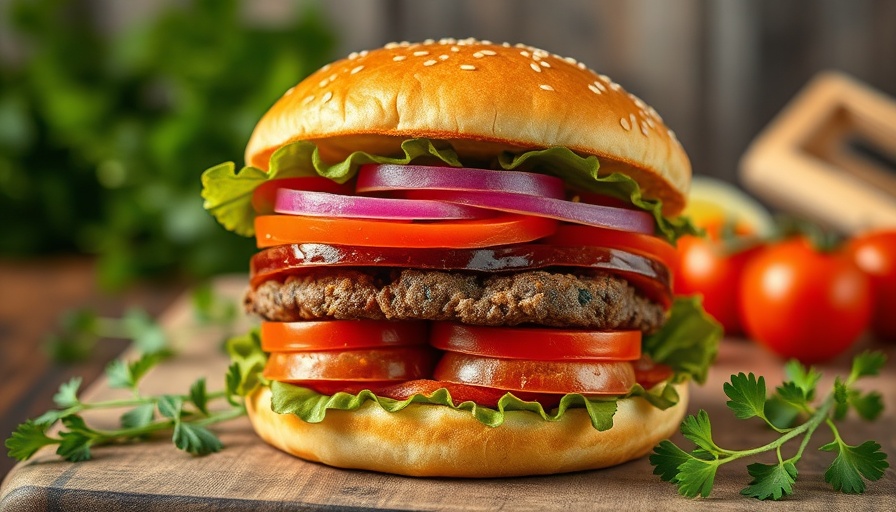
Understanding Weight Loss: The First Steps to Success
Starting a weight loss journey can feel overwhelming, especially when you're unsure where to begin. Whether you’re 18 or 70, knowing how to approach your health and fitness goals can make all the difference. The process typically begins with understanding the basics of nutrition and the importance of a balanced diet. According to health experts, the key to sustainable weight loss lies not only in what you eat but also in how you develop your relationship with food.
Setting Realistic Goals: Your Pathway to Success
It's essential to set achievable goals that motivate you rather than discourage you. Start small—consider adopting one healthy habit at a time, such as drinking more water, adding a vegetable to each meal, or cutting back on sugary drinks. Celebrate your progress, no matter how minor it seems. This can increase your confidence and inspire you to keep moving forward.
Understanding Your Body: What's Best for You?
Every body is different, and what works for one person may not suit another. Take the time to listen to your body. Are you genuinely hungry, or are you bored? Are you reaching for unhealthy snacks out of stress? Understanding these triggers helps you make better choices for your health. Mindful eating can play a significant role here; by being present during your meals, you learn to appreciate both the flavors and the nutritional value of your food.
Incorporating Exercise: Make It Enjoyable
Exercise doesn't have to be a chore. Try to find activities you genuinely enjoy. Whether it's taking a brisk walk, dancing, or joining a local sports team, engaging in enjoyable activities helps to keep you motivated. The CDC recommends at least 150 minutes of moderate-intensity exercise each week for optimal health, and this can be as simple as breaking it down into manageable 30-minute sessions.
Seeking Professional Guidance: The Role of a Dietitian
Sometimes, navigating the world of nutrition can be tough, especially with the endless amount of conflicting information out there. That's where a registered dietitian can help. They can provide personalized advice based on your lifestyle, preferences, and needs, helping to break down complex nutritional concepts into easy-to-understand guidelines. For anyone serious about weight loss, investing in a professional's guidance can be incredibly beneficial.
Emotional Well-being Matters Too
Many individuals overlook the impact of mental health on weight loss. Stress, anxiety, and depression can hinder your ability to stick to a diet or exercise routine. Incorporating practices like meditation, yoga, or mindfulness can create a holistic approach to your weight loss journey. Focusing on improving mental well-being often leads to positive changes in physical health.
Don't Rush the Process: Enjoy the Journey
Finally, remember that weight loss is not a sprint but a marathon. Sustainable changes take time, and immediate results can often be deceptive and unsustainable. The road to healthier living is filled with ups and downs, but finding joy in the journey is crucial. Remain patient with yourself, and don't forget to seek support from family and friends who can encourage and motivate you along the way.
As you embark on this journey of weight loss, it’s essential to adopt a mindset that embraces gradual improvement and long-term health over quick fixes. Take a moment to reflect on these tips, and consider how you can start making changes today.
 Add Row
Add Row  Add
Add 




 Add Row
Add Row  Add
Add 

Write A Comment